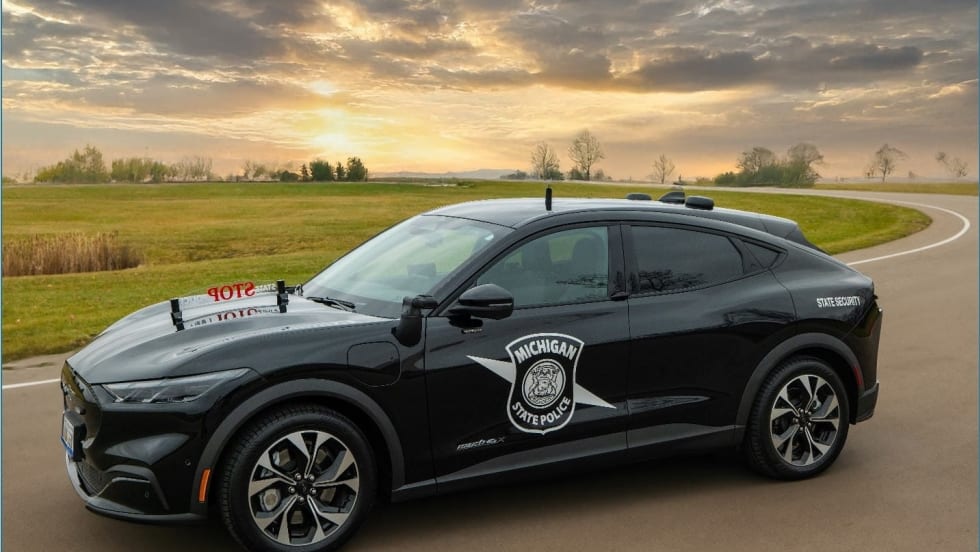The Los Angeles City Council has decided that it has dominion over the civilian Police Commission. Specifically, it will determine whether the city's anti-gang and narcotics officers will have to disclose detailed information about their personal finances.
The Council's unanimous vote to assert jurisdiction in the matter will delay implementation of the financial disclosure policy.
"This policy raises a number of questions," Councilman Jack Weiss told the Los Angeles Times. "Will it do much of anything to detect bad cops and…will it have an overwhelming and negative and demoralizing impact on good cops."
The financial disclosures by gang and narcotics officers below the rank of lieutenant is required by the federal consent decree that has governed LAPD policy since 2000 as part of the Rampart Scandal.
LAPD Chief William Bratton told the Times that the financial disclosure is inevitable because it is mandated by the judge who oversees the consent decree.
"In the end there is going to be financial disclosure," Bratton said. "Nothing that is going to happen in [the City Council] is going to change the judge's decision in my opinion."
Under the proposed disclosure rules, about 600 officers would be required to tell department officials about any outside income, real estate, stocks, other assets and debts every two years. They also have to reveal the amounts in their bank accounts and disclose any holdings they share with family members or business partners. Officers newly transferred to gang and narcotics duties would have a two-year grace period.
Union officials have opposed the disclosure policy. And many officers who would be affected have said that they will transfer rather than comply.











